Latest Articles
View All
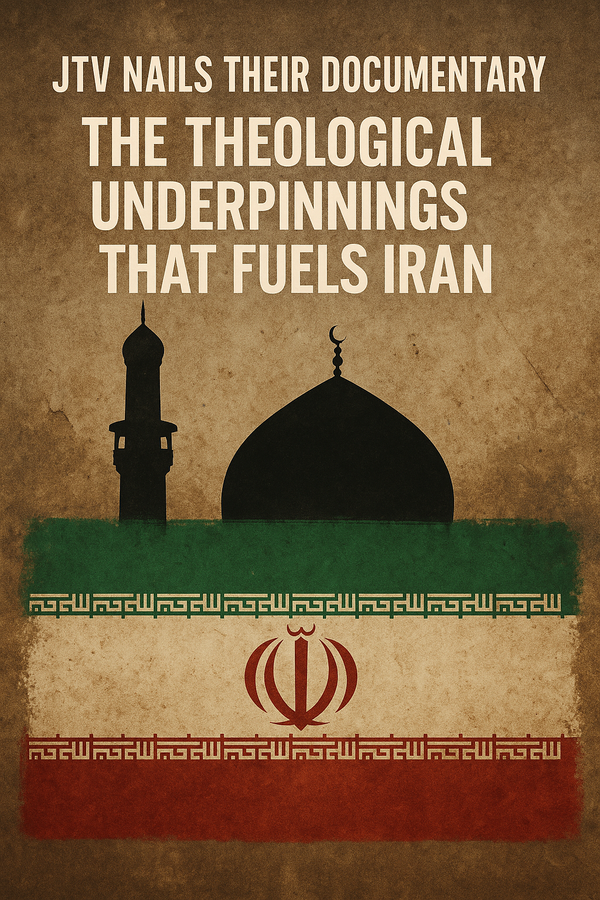
By Dr. Tim Orr JTV Global’s latest documentary, now streaming on JTV+, offers not only a riveting account of
by Dr. Tim Orr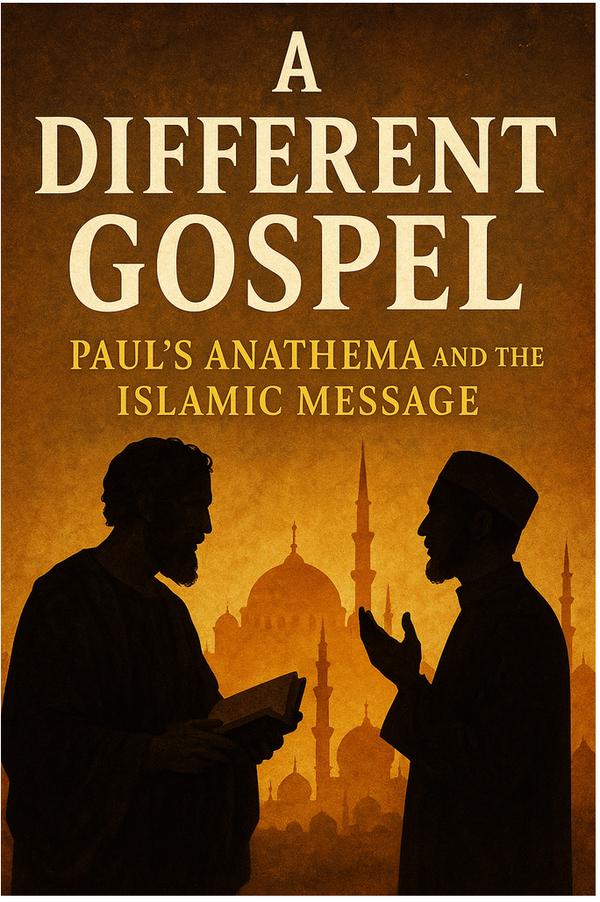
By Dr. Tim Orr 📘 Now Available: Grace and Truth: Paul, the Gospel, and the Challenge of Islam In today’s
by Dr. Tim Orr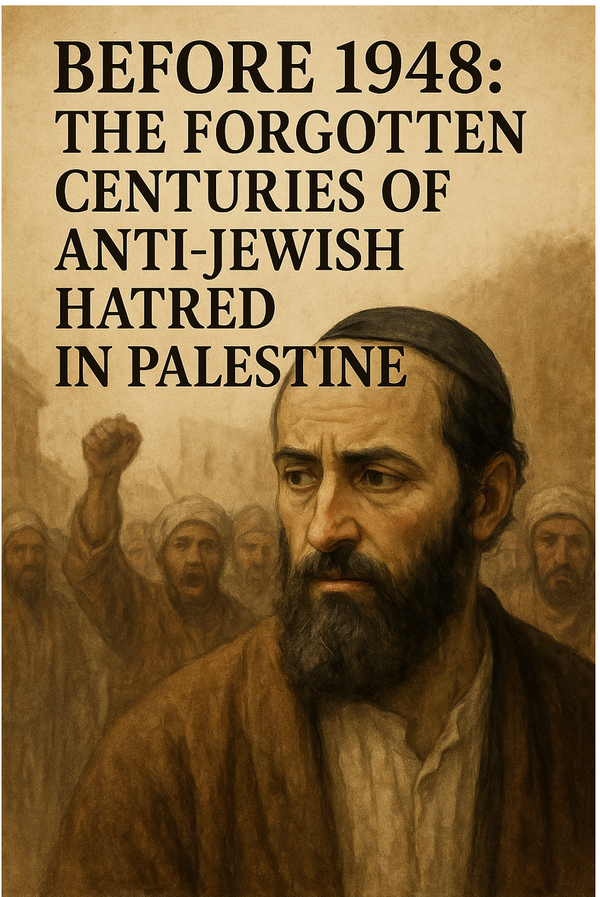
By Dr. Tim Orr Picture yourself in the bustling hills of Sfat in 1834, a spiritual hub for Jewish mysticism
by Dr. Tim Orr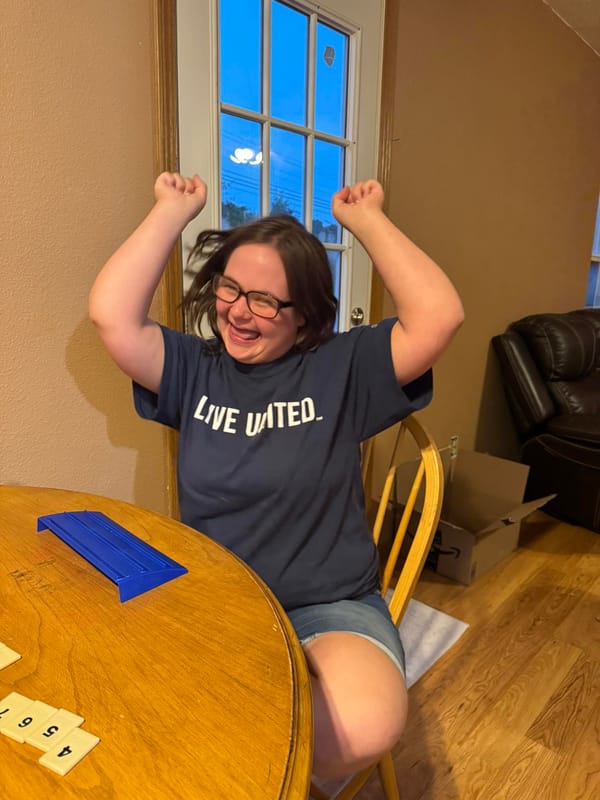
By Dr. Tim Orr There are moments as a parent when you stop and realize—you’re witnessing a sacred
by Dr. Tim Orr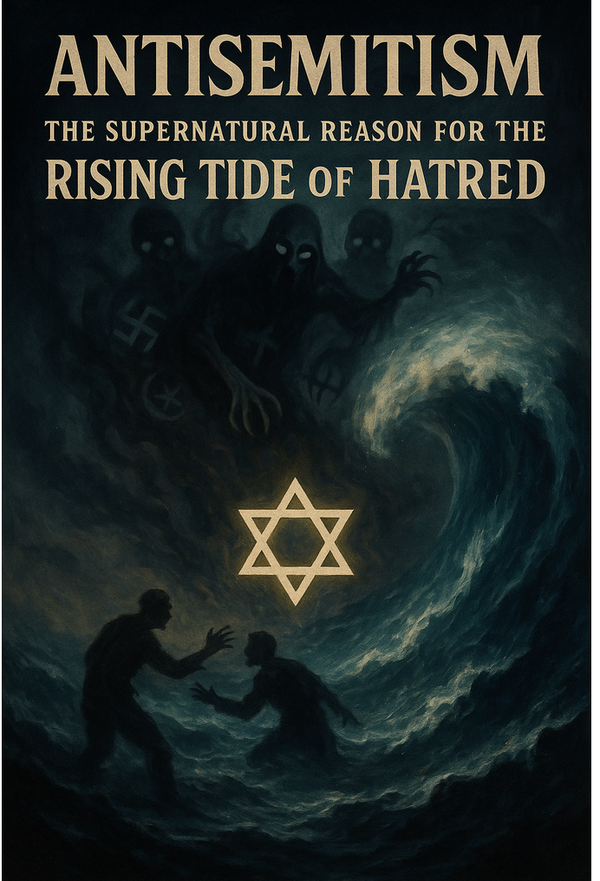
Antisemitism is reemerging with force, rooted in ancient patterns of hatred, manifesting with startling boldness across cultural, academic, and religious spheres.
by Dr. Tim Orr
By Dr. Tim Orr JTV Global’s latest documentary, now streaming on JTV+, offers not only a riveting account of Iran’s radical ideology but a rare prophetic voice in today’s media landscape. It boldly exposes the Islamic Republic’s hostility toward Israel and the West as not merely
by Dr. Tim Orr
This is the gospel—breathtaking, life-giving, and overflowing with radiant hope. It is not simply good news; it is the best news. A story so stunning and transformative that it draws you into its very heartbeat.
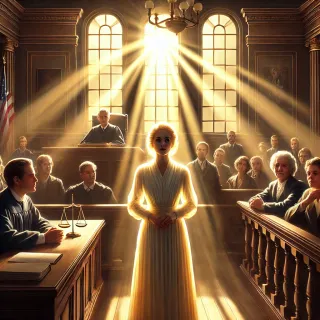
By Dr. Tim Orr In this story, I am sharing a moment that tested my faith and reaffirmed my understanding of grace—a moment that unfolded in a courtroom where justice, loss, and mercy collided in unexpected ways. Eight years ago, a man named Anthony killed my brother in a
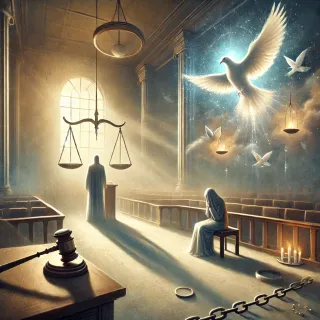
Today, I write to share my heart, my grief, and my plea for accountability as I prepare to speak at a parole hearing. The hearing will determine whether Anthony Sheehy, the man who killed my brother, Shannon, in a drunk driving accident, will be released from prison four years early.
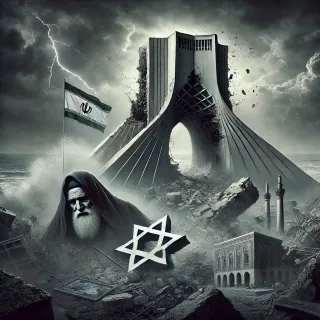
This article will delve deeply into why Khomeini’s vision has unraveled and why it matters in today’s geopolitical context.

To better understand what shapes my writing, I want to share the five primary sources of inspiration behind my posts: my background, education, experiences, Christian worldview, and current events and trends.
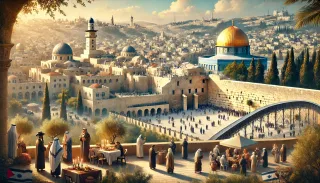
This article delves into the intricate beliefs and historical contexts that define Palestine for Jews, Christians, and Muslims, drawing on the works of esteemed scholars.
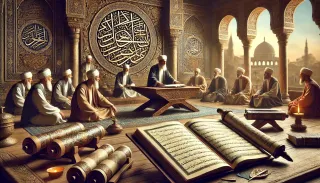
Andy Bannister's analysis offers an alternative perspective, suggesting that the Qur'an can be better understood through the Oral-Formulaic Theory (OLT).

By Dr. Tim Orr In the intricate tapestry of religious narratives, the story of Adam holds a foundational place in both Islamic and Christian traditions. Scholar Andy Bannister delves deep into these narratives, uncovering their profound impact on Muslims' and Christians' theological frameworks and worldviews. Bannister’s exploration


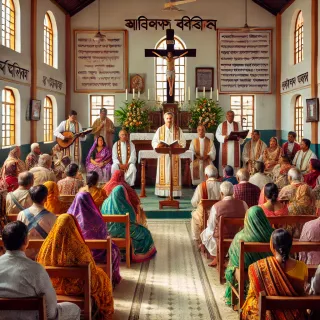
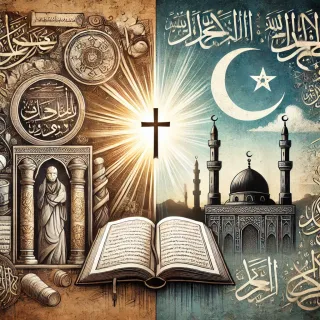



By Dr. Tim Orr JTV Global’s latest documentary, now streaming on JTV+, offers not only a riveting account of
by Dr. Tim Orr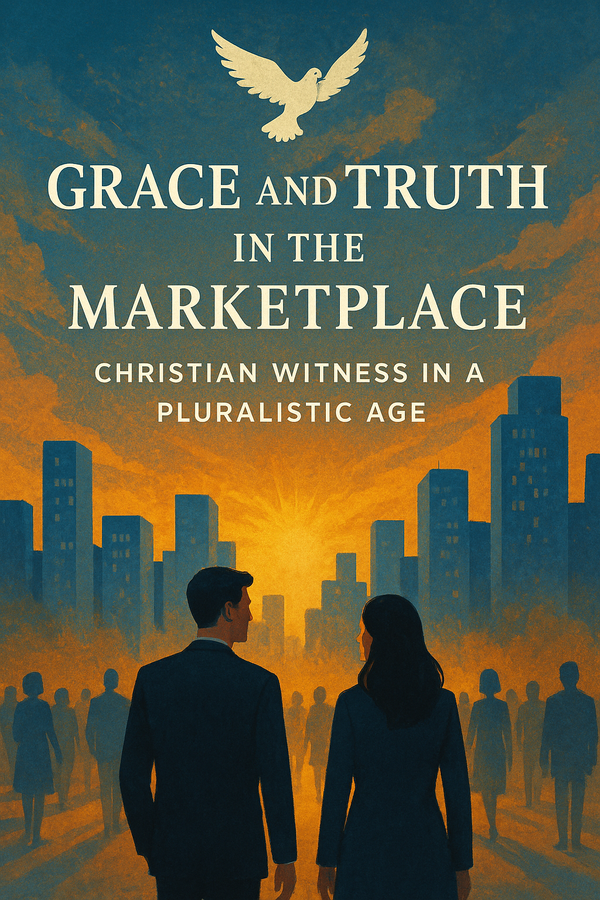
By Dr. Tim Orr In today’s pluralistic landscape, Christian witness demands more than intellectual rigor or strategic engagement. It
by Dr. Tim Orr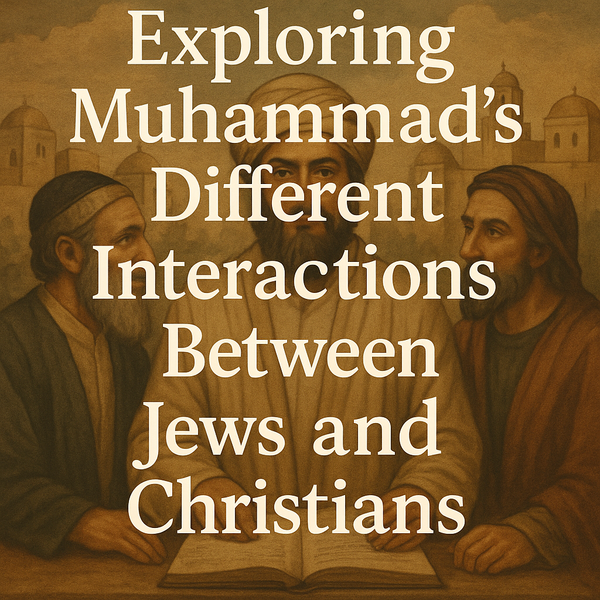
By Dr. Tim Orr If you read the Qur’an closely, especially the later Medinan surahs, you’ll notice something
by Dr. Tim Orr
By Dr. Tim Orr 📘 Now Available: Grace and Truth: Paul, the Gospel, and the Challenge of Islam In today’s
by Dr. Tim Orr
By Dr. Tim Orr Picture yourself in the bustling hills of Sfat in 1834, a spiritual hub for Jewish mysticism
by Dr. Tim Orr
By Dr. Tim Orr There are moments as a parent when you stop and realize—you’re witnessing a sacred
by Dr. Tim Orr
Antisemitism is reemerging with force, rooted in ancient patterns of hatred, manifesting with startling boldness across cultural, academic, and religious spheres.
by Dr. Tim Orr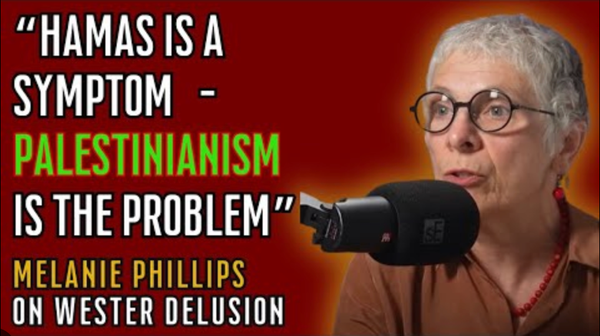
By Dr. Tim Orr Disclaimer: The image shown is one I found online that Melanie Phillips uses as the thumbnail
by Dr. Tim Orr